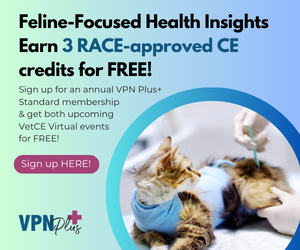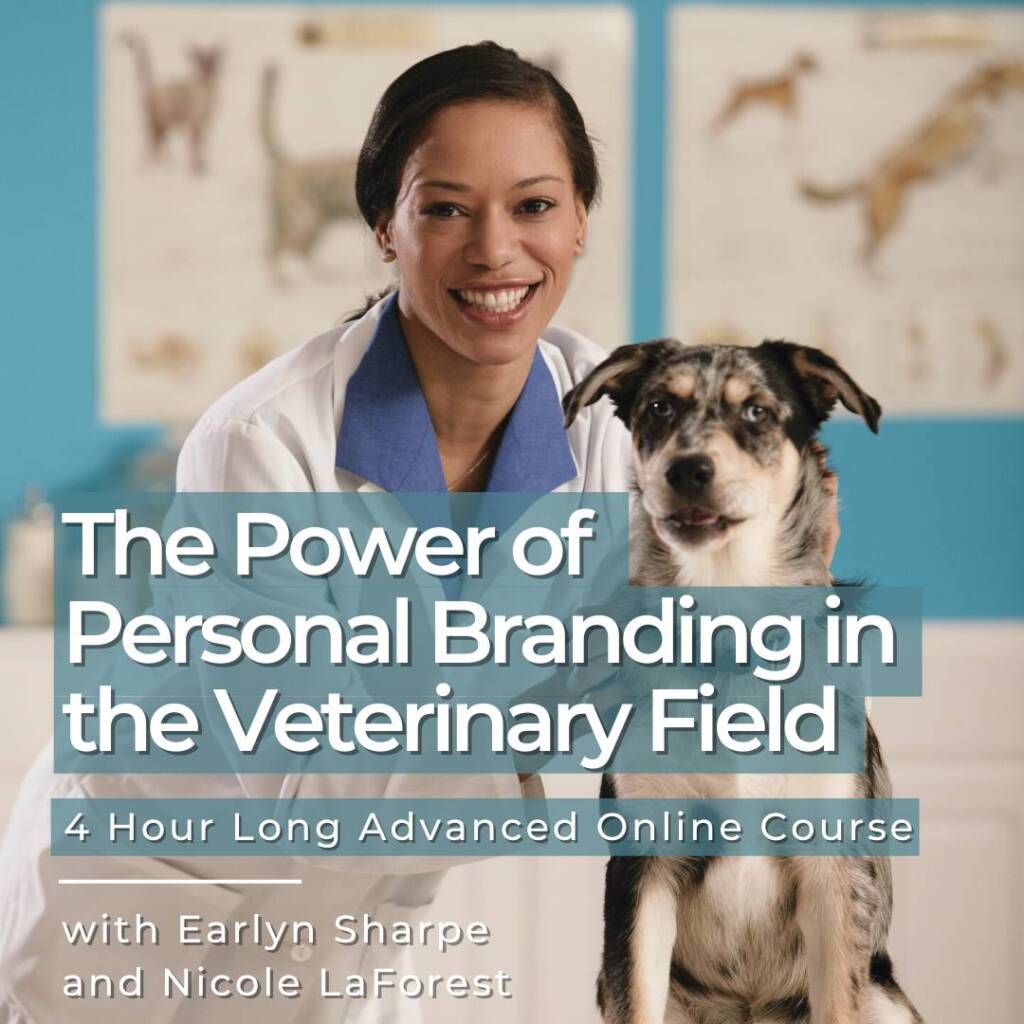How to build and maintain clientele during quarantine

As a veterinarian, it is both a privilege and a fear to be considered an essential worker during a pandemic.
There is an overwhelming worry to be perfect, even more so than during “normal” life. Keeping myself and my loved ones safe, keeping the support staff cared for, and keeping my clients and their fur-babies happy and healthy. These are the thoughts I am constantly worrying about on a daily basis, all while still navigating how to be a good doctor.
As a student in veterinary school, you learn the importance of how to build a rapport with clients. You simulate client interactions focusing on eye contact and reading body language. These are important factors to recognize to be able to show clients your confidence in treating their pets. But how do you do this when you can’t be face-to-face with your clients? How do you empathize with them over the phone? How do you gain a new clients trust? This may be the most difficult part of my job during the quarantine. This is especially difficult for those clients that have never met me. It is especially difficult when delivering bad news.
I have found several ways that help me navigate these challenging times, to ensure my current clients are feeling well taken care of and to help me bond with new clients.
1. Everything starts with social responsibility.
This means, making sure the entire team understands and feels comfortable with new protocols. This in turn, makes explaining changes to clients more effective. It is important to let your clients know over the phone, through postings at the hospital and online platforms that your protocols have changed. Transparency will allow clients to feel safe even bringing their pet in to see you during these times. The majority of my clients, if not all, have felt much appreciated with my hospital being compliant with up-to-date regulations during the quarantine. Our top priority is their safety. This will allow you to make a good first impression with a new client as well.
2. Embrace technology.
It is still very important to see the pet in person, but with the owner unable to be present, communication can be more difficult. For some appointments, I use Zoom or FaceTime to meet the client. I would highly recommend this for the recent grads out there, since the majority of your clients will be new for you. Video calls also help to facilitate showing the client your physical exam findings. I always email the pet’s X-rays or lab work to the client with annotations before I discuss with them over the phone or through video. This allows the client to be involved and not have to try to imagine what I am talking about. So far, I have been able to utilize technology in this way for all of my cases that I have had to deliver bad news, such as, a cancer diagnosis, organ failure, or deteriorating quality of life. Although you cannot empathize with them in person, you can still verbally support them and allow as much time as they need for questions and processing this difficult information. For clients who are not able to video call, I take pictures and videos during the appointment to show them findings or make recommendations. Don’t forget the communication skills you learned in school. You can still read body language through a video call, and you can pick up on verbal cues over the phone.
3. Take advantage of social media.
Social media is especially important right now, as owners are using online platforms more consistently. Also remember that a large population of clients are millenials. Who better to target their audience than millennial veterinary students and professionals? Take this time to post daily pictures of the pets you are seeing (with owner’s permission, of course). This can even be done if you are a vet student on rotations. Take advantage of posting interesting cases. Consider making a video introducing yourself to new clients, particularly if you have recently graduated and are starting at your first practice. Create a hospital tour video to allow new clients to see your facility. You can post these videos on your social media pages and website, or email them to clients ahead of time. This helps to build that initial bond with new clients, and I have found that many have greatly appreciated being able to see the face behind the phone call.
4. Make sure you follow up.
Lastly, being diligent about following up is very important. Telemedicine is a good opportunity for recheck appointments. This shows you want to keep clients safe by reducing extra trips to the hospital. It is also a useful way to keep up on your patient’s progress. During this time, I have allowed the clients of my critical patients to also email me personally during work hours and with specific guidelines on my days off. In no way do I want this to affect my own or anyone else’s work-life balance, I have just found that allowing this helps me to keep on top of my cases in our even busier new environment. I want my clients to know I am closely monitoring their pet’s quality of life, and I want to decrease their fears as much as I can since I cannot do so in person.
Taking these extra steps in communication can make every clients experience more pleasant. It may even make those first-time patients become permanent. The goal is to be able to build relationships with clients to better treat their furry, feathered, or scaled family members. I am continuously putting myself in their shoes to imagine how I would want to be cared for when faced with a sick pet and a veterinary staff I have never met in person. Going the extra mile to incorporate new styles of medicine will help strengthen the bond.
MORE ABOUT THIS TOPIC ...
How to address the top 5 misconceptions clients have about their puppy’s fist vet visit
With John Woods | 2021.09.20








